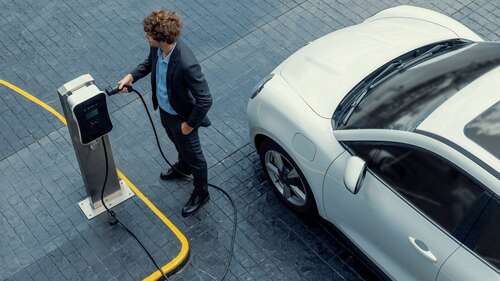
EVs have had their share of bad press, from reports of electrical fires in garages and after crashes, to stories about the devastating impact of mining for the rare-earth metals needed for EV batteries.
The issues with lithium-ion batteries catching fire while charging or being transported seems to be limited to batteries that have suffered physical damage, but the images of charred Teslas and smoking cargo ships are still fresh in the minds of potential customers. Further deterring future EV purchases are the new restrictions and limitations on the federal EV tax credit, which will take away some of the financial incentives to buy an EV in the coming years.
The waning enthusiasm for EVs has also led some manufacturers to delay their plans for new EV rollouts. Tesla’s Cybertruck has undergone a series of production delays since the prototype was introduced in 2019, and customers will now have to wait until at least 2024 for the futuristic, supposedly bulletproof EV. Tesla isn’t the only automaker to have to shuffle its EV plans, however, as General Motors delayed converting its Orion plant to EV production from next year until 2025.
GM spokesman Kevin Kelley told the Detroit Free Press the decision was in response to waning customer interest in EVs. “We’re looking at EV demand and the trendline for EVs is stabilizing,” he said. “It is not rising as fast as originally forecasted.”

